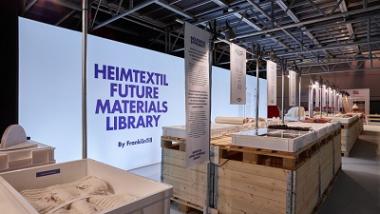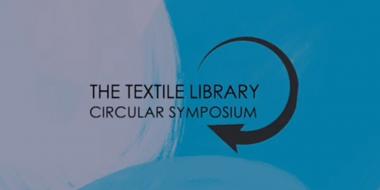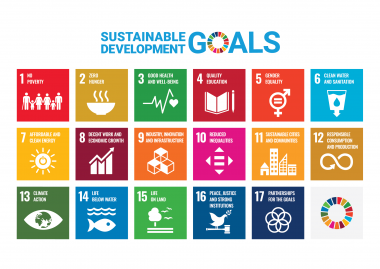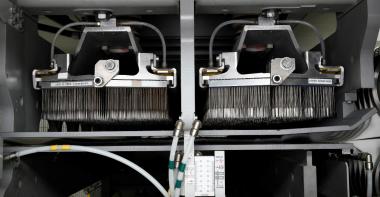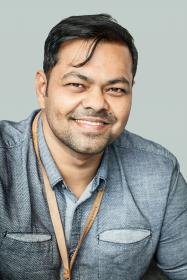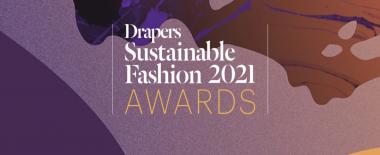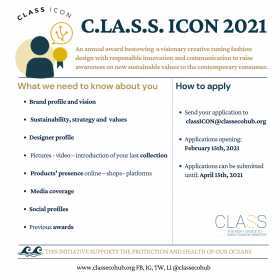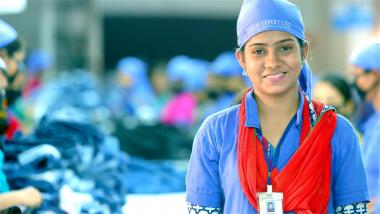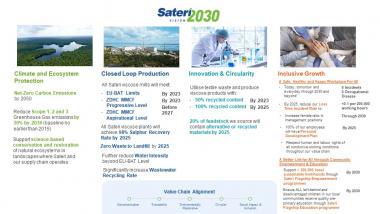ISKO contributes to new IFM-Kering fashion course.
The world’s leading denim ingredient brand is proud to announce it has contributed its considerable denim expertise to prestigious fashion school, Institut Français de la Mode’s (IFM) new online course, Fashion Sustainability: Shaping Fashion’s Future.
Developed as part of a partnership with IFM and Kering luxury group and led by Andrée-Anne Lemieux, Sustainability Professor and Head of the IFM-Kering Sustainability Chair, the 10-week course will examine the importance of sustainability in fashion and invites students and experienced fashion professionals to learn how they can play a role in shaping a sustainable future for fashion.
Launched on 17 May, the course covers the history and values of sustainable development and how this relates to the fashion industry, as well as teaches the practicalities of creating and executing a CSR and sustainability strategy. As part of the course, ISKO has created a video presentation which gives an insight into its Responsible Innovation™ strategy and how it approaches its role as a leader in sustainability for denim production. Led by ISKO’s Global Field Marketing Manager, Elena Faleschini, the presentation explores how innovation along with the cooperation and participation of everyone in the denim industry can help make the production of denim more responsible.
“The Fashion Sustainability course gives students and industry professionals the knowledge and tools to become the change makers we need in the industry. We are honored to contribute to the course and be able to share our vast experience working to build a more sustainability industry for the future,” says Faleschini.
Menabò Group






